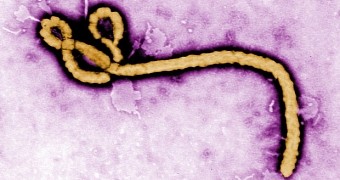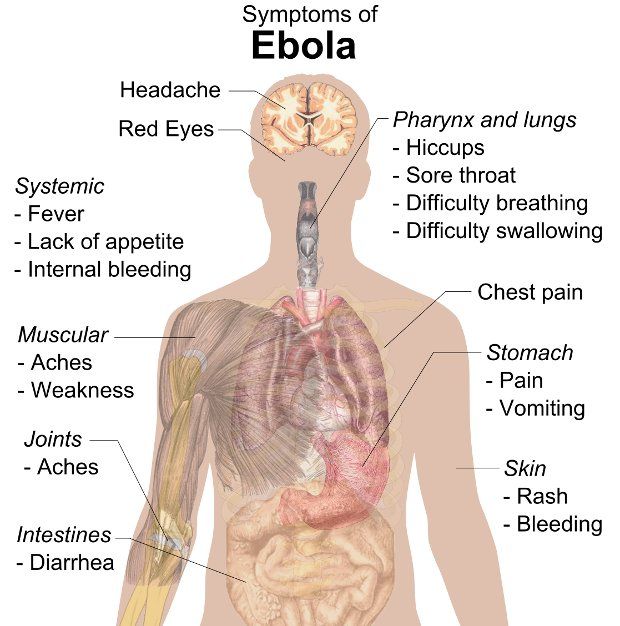A study published in the New England Journal of Medicine earlier this week details the first known case of sexually transmitted Ebola. This first instance of the deadly Ebola virus being transmitted through intimate relations was documented in Liberia, where a woman got the disease from her partner.
Now, the World Health Organization and the US Centers for Disease Control and Prevention are urging that Ebola survivors and men in particular refrain from being intimate with anyone until more is known about how long the virus can survive in the body and be passed on to other individuals.
How the woman got sick
In their report in the New England Journal of Medicine, the US Army specialists who documented this first ever case of sexually transmitted Ebola explain that the woman started feeling ill and tested positive for Ebola in March 2015.
At the time when she was diagnosed with the deadly disease, no other cases had been documented in the region for about 30 days. Hence, medical experts couldn't quite figure out how and when she had been exposed to the virus.
When interviewing her, however, they learned that she had recently been intimate with an Ebola survivor. This man had been declared healthy in October 2014 but, when his semen was tested after the woman's death in later March 2015, scientists found traces of the virus.
When the virus samples obtained from the man were compared to others collected from the woman, the researchers found them to be very much alike, Science Daily informs. This confirmed the direct transmission hypothesis, the US Army research team explain.
“Ebola virus genomes assembled from the patient's blood and the survivor's semen were consistent with direct transmission,” said Jason Ladner, Ph.D., of the US Army Medical Research Institute of Infectious Diseases.
This changes everything
Now that scientists know that Ebola can persists in semen for months, efforts are underway to make sure that survivors and the people they come into contact with are closely monitored for extended periods of time.
Then, it's important that specialists working on developing drugs targeting the virus focus on more than just blood work. This is because, as illustrated by this case, the virus can sometimes hide in the body.
“This work allowed for more informed decisions about how to manage and control the spread of the disease. Drugs that clear the virus in the bloodstream may not address the whole infection,” explained scientist Jeffrey Kugelman.

 14 DAY TRIAL //
14 DAY TRIAL // 

